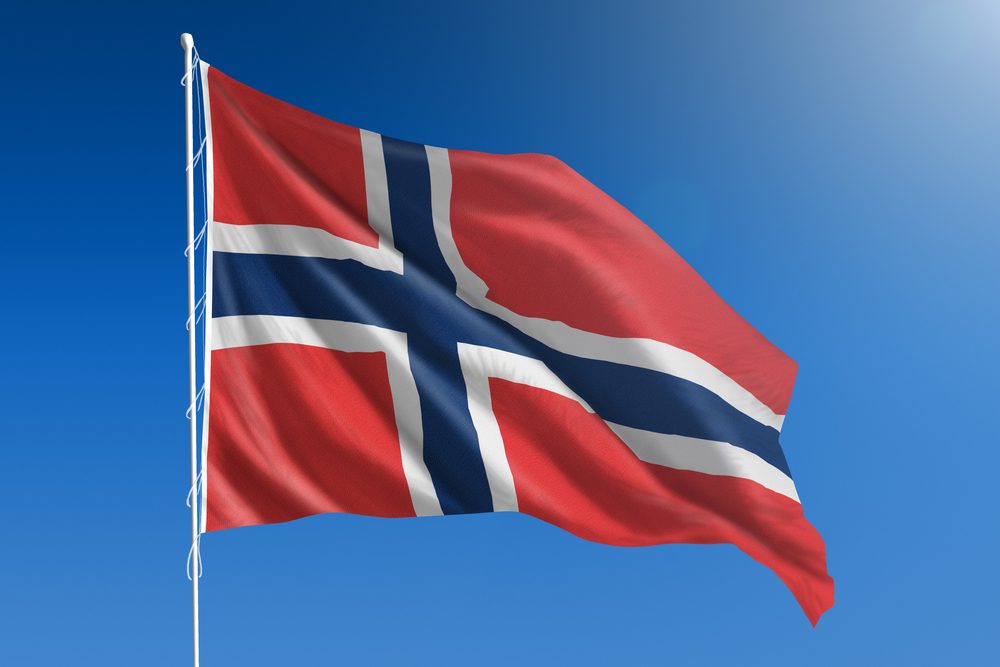The Norwegian Industry Association for Online Gaming (Norsk Bransjeforening for Onlinespill/NBO) has insisted that the country’s new proposed gambling bill needs to be reassessed by legislators to ensure that customer protection is upheld, according to the firm.
Norway’s bill looks to unify the existing Lottery Act, Gambling Act and Totalisator Act, whilst keeping Norsk Tipping and Norsk Rikstoto’s monopolies in the market. The latter of which is causing an issue for the NBO, who have previously pushed to end the current gambling monopoly.
The NBO has stated that the continuation of those monopolies could result in poor standards of protection and poor value for customers. In particular NBO’s official response warned that the regulated sector’s rate of channelisation has been recorded as low as 50 per cent, with the data insinuating that most Norwegian customers are not protected by gaming regulations.
Instead the organisation has looked at Denmark’s model, highlighting that the country should follow in the footsteps of its Nordic neighbour. As such the association has suggested that licenses could be awarded to operators if the firms comply with responsible gaming criteria.
Moreover, the group suggests that the regulated operators will sign up to a self-exclusion tool. Overall these methods could ensure that company’s carry our crucial checks such as affordability and sources of funds.
NBO secretary general, Carl Fredrik Stenstrøm, stated: “Through such a re-regulated licensing model, the Norwegian authorities will ensure a much higher degree of channelling for gambling in Norway.
“This in turn will provide far better protection for vulnerable players and generate increased government revenue.
“In Denmark, they introduced their licence model in 2012. With a tax rate of 20 per cent, they have reached a channelling rate of 91 per cent.”
The legislation still remains subject to a standstill period mandated by the EC, which will conclude on 13 November 2020.



























